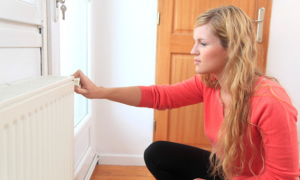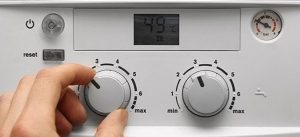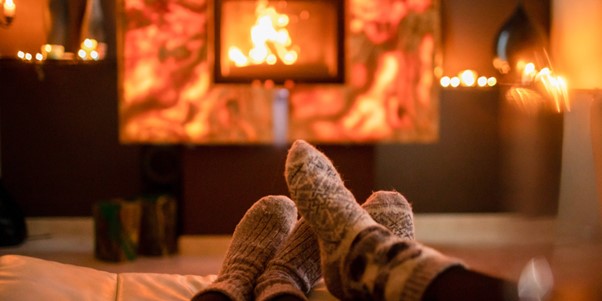With soaring energy prices, we look at how you can get the best out of your heating system this winter.
If you’re living in a new build home you will be benefitting from a more energy efficient home, all our homes have a B EPC rating, which will help keep your heating costs down due to its level of insulation and new heating system.
However, if you are living in an older property there are ways to help you achieve more cost-effective living through maintenance and effective use of your heating system.
Which Magazine has some handy hints on preparing your boiler and heating for the cold weather spell and how to get the best out of your home heating system. They identify seven key areas to draw your attention to:
- Set your heating to the right temperature
- Check for leaks
- Check your system pressure
- Check your radiators are heating up
- Insulate your condensate pipe
- Get your boiler serviced
- Diagnose any potential issues

Read more: https://www.which.co.uk/news/2021/11/7-ways-to-prepare-your-boiler-and-heating-for-winter/
Money Saving Ideas
The centre for sustainable energy discusses the common myths surrounding heating your home most efficiently.
https://www.cse.org.uk/advice/energy-saving-tips/energy-mythbuster

It’s better to leave the hot water heater on all the time, rather than turning it on and off.
This is a very common myth. But in fact, you really don’t need to be heating your water all the time. Your immersion heater or boiler will heat up hot water which is stored in a tank. As long as the tank has a good insulating jacket, it will keep the water hot all day, without needing to be constantly reheated. You can use a timer to heat your water for an hour or two each day just before you would usually need hot water for baths or showers. Modern washing machines, dishwashers and electric showers take cold water and heat it themselves so you don’t need a supply of hot water waiting for them in the tank.
You should leave the heating on all day, rather than turning it on and off.
Another common myth. Don’t pay for heat that you’re not using! If you are out during the day (or tucked up in bed at night), you don’t need the heating on. Even if you turn your thermostat down a bit, your boiler will keep firing up and using energy (and cost you money) at times when you won’t feel the benefit. Instead, programme your central heating using the timer so that it switches off when you’re out or in bed, and switches back on to warm up the house about half an hour before you get home or before you get up.
Turning the thermostat up will heat the house up faster.
Myth. If you come home to a cold house, it’s tempting to whack the thermostat up in the hope that this will make the place warm up faster. Sadly it won’t; your boiler works at the same constant speed regardless of whether you set your thermostat to 20C or 30C. In fact, you’re likely to find that later in the evening you’ll be sweltering – and wasting a lot of money – as your boiler doesn’t stop when the room is comfortable. Set the thermostat to a sensible room temperature, between 18-21C, and then leave it alone.
If I turn all the radiators down low, I’ll save money.
True. But only if you also turn your thermostat down at the same time. If you turn your radiators down low but still have the thermostat set to 21C, your boiler will keep running until the room temperature reaches 21C – and this will take a long time with the radiators on low. So if you want to save money and are comfortable with your house a little cooler, make sure you turn down the thermostat, not just the radiators.
The point of thermostatic radiator valves (the ones with numbers on that you can turn up and down) is to set different rooms to different temperatures, so that you’re not wasting money heating rooms you aren’t using.
And it’s not a good idea to turn a radiator off permanently in an unused room, as this can lead to damp and mould. Leave them on low instead and close the doors.
It’s cheapest to stay in one room with an electric heater or a gas fire.
Myth. It might seem obvious that if you are alone in the house and cold, you’re better off sitting next to a heater in one room than turning the central heating on. But this is often untrue. Electricity and bottled gas are both far more expensive per unit than mains gas. Electric fan heaters and portable gas fires are two of the biggest energy guzzlers, and if you have them on for a matter of hours then it’s likely to be cheaper just to turn on your central heating with the radiators on a low setting in the rooms you’re not using. Here’s how much energy portable heaters use.
We’re proud to offer great homes in great locations throughout Lincolnshire. With over 50 years of experience as one of Lincolnshire’s leading house builders, you can be safe in the knowledge that we’ll go the extra mile to find you your perfect home.
View our locations and buyer schemes to make the first steps to finding your new home.



